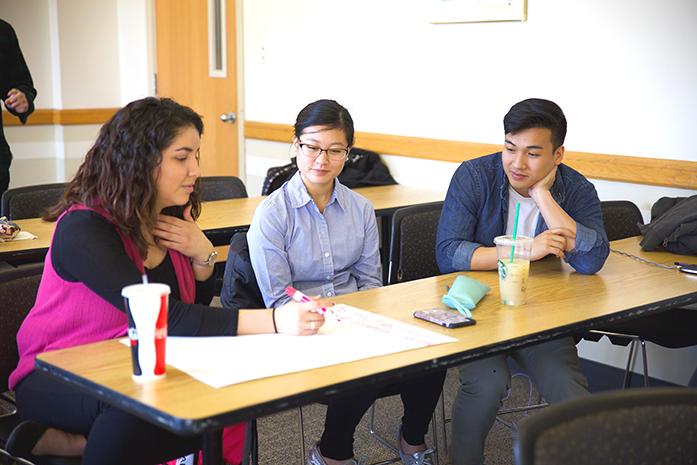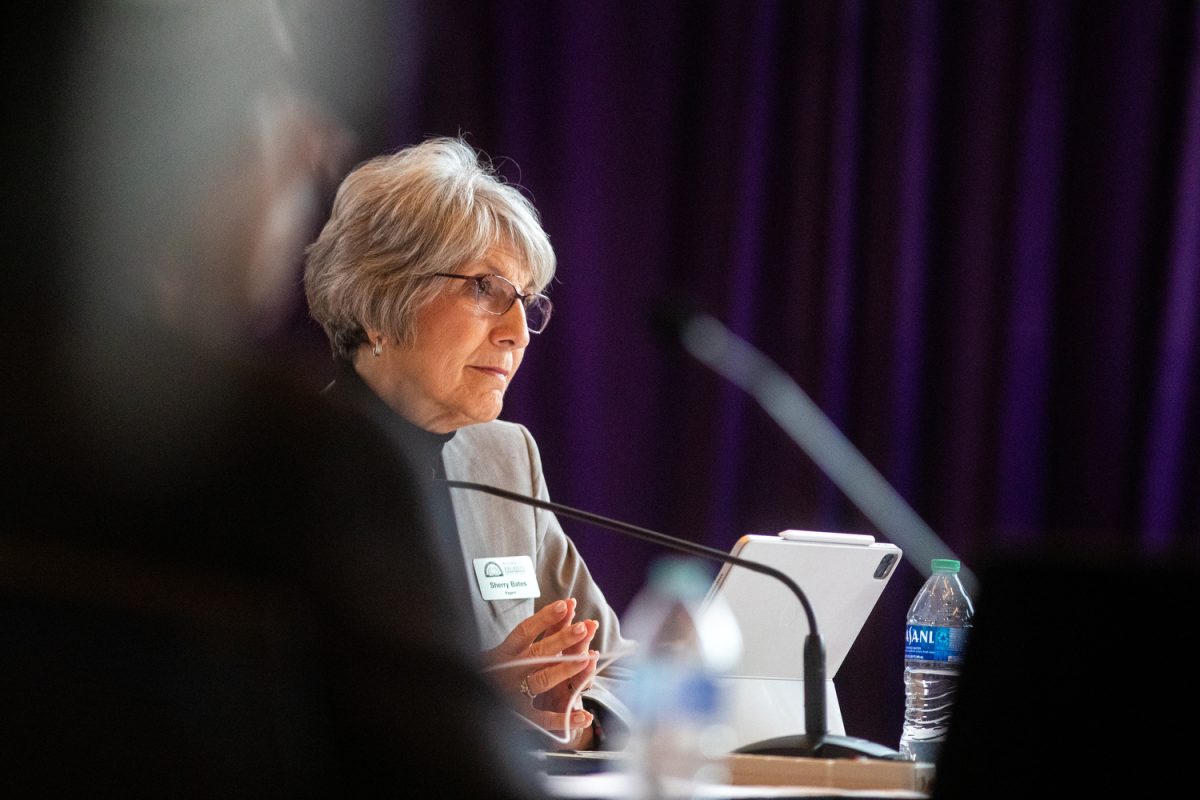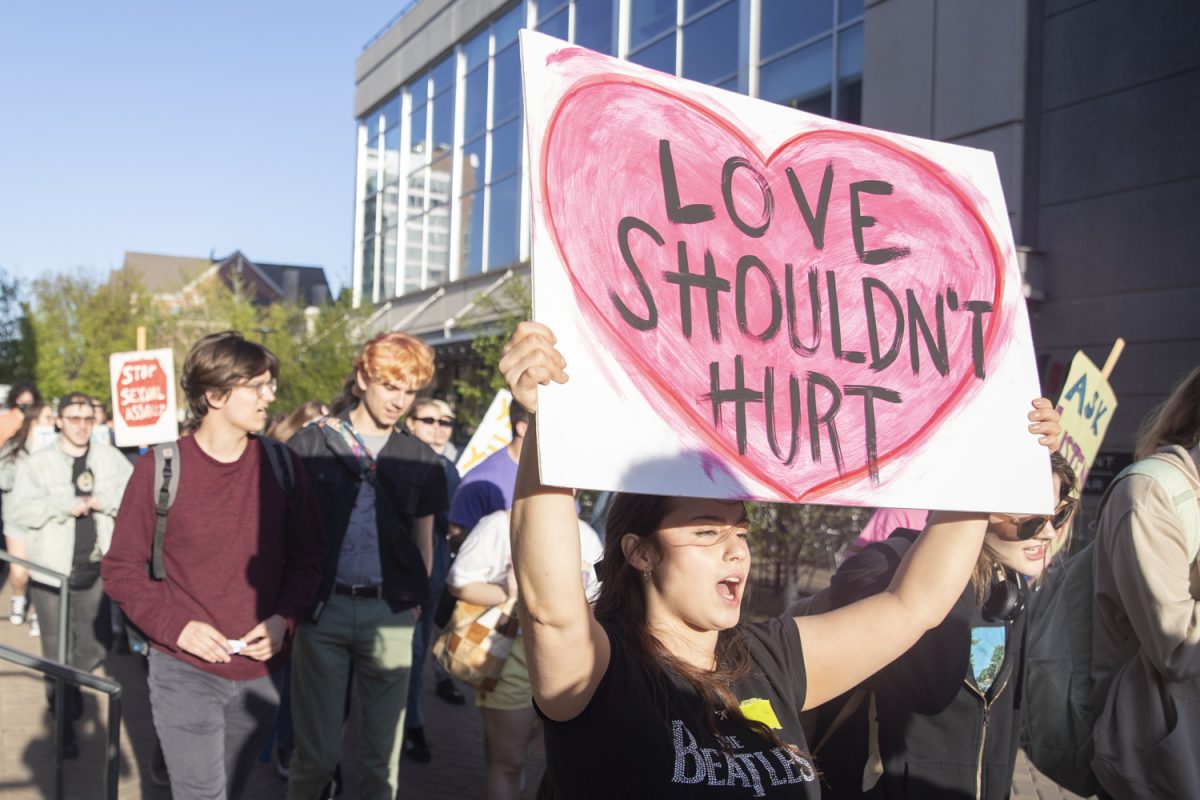By Naomi Hofferber | [email protected]
When discussing issues of racism, people typically think about racism between two different groups, but one local event examined intragroup racism.
Alpha Kappa Delta Phi sorority hosted the event Racism in Asian Communities: A Workshop, to tackle issues of racism in the Asian community as well as issues of racism in society.“I want for this event to be a call for fellow Asian Americans to be aware that even though we do experience racism, it also happens within our group and by our group, and we can do something about that,” Tracy Vo, the vice president of Service for Alpha Kappa Delta Phi, said in an email to The Daily Iowan. “I hope that everyone leaves this event feeling passionately angry to address these issues and create change in our community”
April is Asian Pacific Heritage Month, and events take place throughout the month.
University of Iowa education Professor William Liu, who facilitated the event, discussed issues overcoming histories of racism as well as opened discussion for personal encounters and experiences of racism.
Liu said regardless of personal ethnic identity, international students face broad racism based solely on an “Asian” appearance.
“If you’re of a minority status, your quintessential experience in the United States is going to be racism,” Liu said. “The quintessential experience for white Americans is privilege. It’s different, it’s completely different.”
Liu discussed starting conversations with family members regarding issues of racism and noting that learning about racism in all its forms can potentially cause a disconnect with parents.
“It’s quite likely that many of you, before you came to the University of Iowa, maybe that you had very little sense of your parent or parents being racist,” Liu said. “You didn’t have a conceptualization of it because you’re in it. There’s no dissonance. Then you come to the university, there’s lots of people, you take classes, and what happens in those classes is you start to learn how to talk about things differently.”
Liu recognized potential discomfort and conflict with finding a new breakaway from the thinking and biases of parents.
“As an Asian-American woman, I want to know more about racism especially in that community,” said UI senior Angela Zhang. “We’re all in this together, so we have to acknowledge in our own group that we can be racist toward people of our own group, and we need to acknowledge that in order to be allies with other groups.”
Zhang said that Liu was great at addressing relevant issues of racism and sexism.
“Talking about racism in Asian communities is important because it isn’t addressed enough,” Vo said. “It’s about time we start these types of conversations, because it allows for more people of color to join in on fighting these issues. Intersectionality is so important when it comes to the topic of racism and activism. Just because an issue doesn’t happen to you personally or is very prevalent in your community doesn’t mean that you shouldn’t participate in the fight to end it.”






